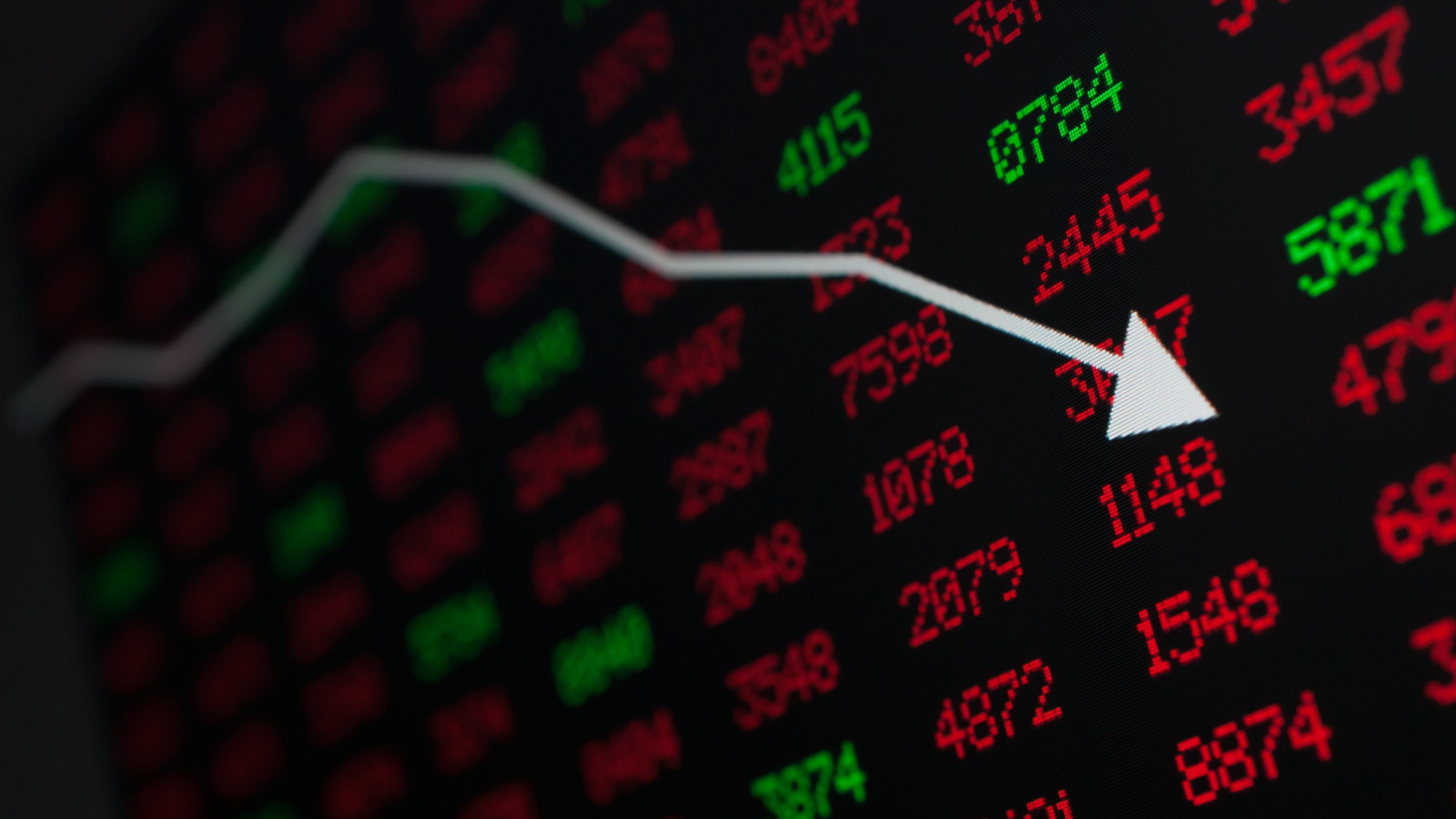
With the February Consumer Price Index (CPI) coming out hotter than anticipated, Wall Street is already looking ahead to the Producer Price Index (PPI), due Thursday, March 14: Will the stock market crash?
Well, maybe.
February’s CPI came in worse than expected Tuesday, with prices climbing 0.4%, contributing to inflation of 3.2% year-over-year, higher than projections of 3.1%. This essentially confirms what economists had begun to suspect following the also hot January CPI: Disinflation is slowing.
While this should’ve been a bearish indicator, stocks actually climbed Tuesday. Indeed, the S&P 500 and Nasdaq Composite logged gains of about 1% and 1.2%, respectively, on the day.
As such, while the PPI may well exacerbate concerns that price growth is proving more resilient than many had hoped, it may still not have a direct or meaningful effect on equity markets.
If you recall, wholesale prices climbed more than forecasted in the January PPI report released last month. Indeed, wholesale prices climbed 0.3% in the first month of the year, the largest jump since August 2023. Economists had expected a 0.1% rise, following the PPI’s 0.2% decrease in December.
The Core PPI, which excludes the volatile Food and Energy categories, climbed 0.5% last month, compared to projections of a 0.1% increase. Excluding Food, Energy and Trade Services, the PPI jumped 0.6%, the largest one-month jump since January 2023.
While the CPI measures, well, consumer prices, the PPI gauges the changes in wholesale prices paid by producers of goods. Large changes in production costs tend to be passed on to consumers, so the indicator remains an important determinant of the state and trajectory of inflation.
Will the Stock Market Crash?
As usual, the issue with stubborn inflation (other than everything being more expensive) is that it lowers the central bank’s likelihood of cutting interest rates. Indeed, Powell has repeatedly warned that members of the Federal Reserve want to see more evidence of disinflation before stepping off the gas. As it stands, the CME FedWatch Tool only prices in a 1% chance the central bank cuts rates at next week’s policy meeting.
High interest rates generally serve to slow economic growth, unemployment, consumer spending, and, by effect, inflation. It’s for this reason that stocks typically suffer when inflation fails to meet expectations.
Despite this, the labor market and consumer spending have held relatively strong, while inflation has eased quite substantially from its mid-2022 peak. Yet, recent inflation data suggests price growth won’t continue to slow as quickly as it did most of last year.
Whether this week’s PPI pushes stocks down this week, however, remains to be seen.
On the date of publication, Shrey Dua did not hold (either directly or indirectly) any positions in the securities mentioned in this article. The opinions expressed in this article are those of the writer, subject to the InvestorPlace.com Publishing Guidelines.





